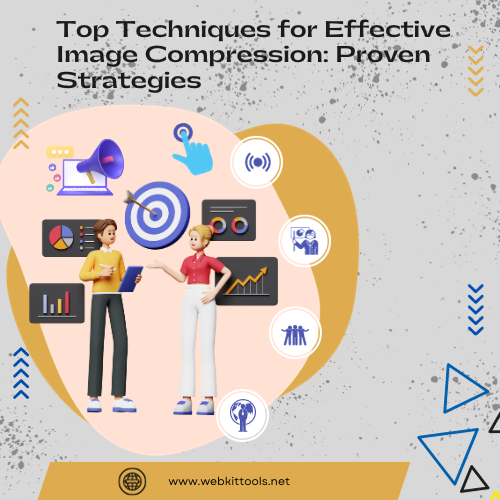Frequency Converter
frequency converter online
Discover the power of Frequency Converter online technology and how it can revolutionize your operations. Learn about choosing the right converter, benefits, applications, and more.
The Frequency Converters Work
Frequency converters operate on intricate principles, transforming electrical currents to match desired frequencies. Delving into their inner workings sheds light on the magic behind seamless power conversion.
Choosing the Right Frequency Converter
Selecting the perfect frequency converter entails considering various factors such as power capacity, input/output voltage, and compatibility with specific applications. Additionally, exploring reputable brands aids in making informed decisions.
Using Frequency Converter Online
Adopting Frequency Converter online solutions yields many benefits, ranging from heightened efficiency to substantial cost savings. These advantages underscore the transformative potential of this technology.
Applications of Frequency Converters
Frequent converters find applications across diverse sectors, from industrial giants to everyday households. Unveiling these applications showcases the versatility and adaptability of Frequency Converter online technology.
Tips for Using Frequency Converter Online
Maximizing the lifespan and performance of frequency converters necessitates adherence to best practices in maintenance and troubleshooting. These invaluable tips ensure seamless operation and mitigate potential issues.
Frequency Converter Online vs Traditional Converters
Comparing Frequency Converter online technology with traditional counterparts reveals distinct advantages and challenges. Exploring these differences offers insights into the evolution of power conversion methodologies.
How do I choose the right frequency converter?
Choosing the right frequency converter involves considering several factors, including the power requirements of your devices or machinery, the input and output voltage and frequency ranges, and the specific application you intend to use it for. Matching the converter's capacity with the load it will be powering is essential to ensure optimal performance and efficiency.
Can a frequency converter work with any device?
Frequency converters are versatile and can work with various devices and machinery that operate on different frequencies. However, ensuring compatibility between the converter and the device is crucial to avoid potential issues such as overheating or damage. Always check the specifications of both the converter and the device before connecting them.
What are the common issues with frequency converters?
Some common issues with frequency converters include overheating, voltage fluctuations, and harmonic distortion. Overloading the converter beyond its rated capacity, improper installation, or inadequate ventilation can contribute to these issues. Regular maintenance and proper troubleshooting techniques can help mitigate these problems.
How often should I perform maintenance on my converter?
The frequency of maintenance for a frequency converter depends on various factors, including the operating environment, usage patterns, and manufacturer recommendations. Generally, it's advisable to conduct routine inspections and maintenance checks at least once or twice a year. This includes cleaning components, checking for loose connections, and ensuring proper ventilation.
Are frequency converters environmentally friendly?
Frequency converters contribute to energy efficiency and can help reduce overall power consumption, making them environmentally friendly. However, like any electronic device, they have some environmental impact, particularly during manufacturing and disposal. Choosing energy-efficient models and proper disposal methods can help minimize their environmental footprint.
Can I use a frequency converter for home appliances?
Yes, frequency converters can be used for certain home appliances, particularly those that require precise control over their operating frequency or voltage. Examples include air conditioners, refrigerators, and washing machines. However, it's essential to ensure compatibility and safety by consulting the device's specifications and seeking professional advice.














